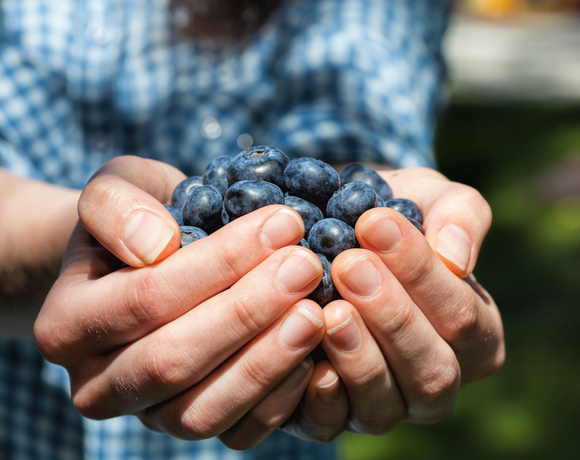
It can be very tempting to follow the latest headlines claiming that certain foods will prevent disease, make you live longer or get you to your perfect pants size. Unfortunately, the science of nutrition just doesn’t work that way. This October as pink pops up everywhere and talk focuses on prevention, treatment and finding a cure for breast cancer, what do we actually know about food and cancer?
Antioxidants
Fruits, vegetables and whole grains are credited with many health benefits, including the possibility of reducing cancer risk. One possible reason is the presence of antioxidants such as beta-carotene, lycopene, and vitamins A, C, and E. Antioxidants have the ability to protect us from damage by free-radicals that could lead to cancer. Our bodies don’t produce enough antioxidants on their own, so we need to get them from food. The results around antioxidant supplements, however, are not so good. In some cases, risk of cancer actually increased with supplements. Eating more whole plant foods is a relatively safe and delicious approach that may help to reduce cancer risk.
Tea
Tea is one of the most popular drinks around the world, and also one of the most studied. Tea contains catechins, a type of polyphenols, which are thought to be responsible for tea’s health benefits. Catechins, like the nutrients found in fruits and vegetables, have antioxidant activity. The evidence for tea’s role in cancer prevention isn’t strong enough to put it in the category of an official recommendation. The risks of drinking tea, especially green tea with its high catechin and low caffeine levels, however, are low. To keep the risks even lower, choose green or white teas more often and drink them between, instead of with, meals.
Garlic
Garlic belongs to the Allium family of plants, which also includes onions, chives, leeks, and scallions. Garlic contains a variety of bioactive compounds which may be beneficial to health. Like other foods, the evidence for garlic’s benefits in fighting cancer are inconclusive but shows some potential. Eating garlic, as opposed to taking a supplement, has few risks beyond the telltale garlic breath.
While we may be able to improve our overall health and possibly help to reduce our risk of cancer with what we eat, it is important to remember that getting regular medical care with appropriate screening tests is still key.
Resource:
1. Risk Factors – Diet. National Cancer Institute at the National Institutes of Health. Accessed July 28, 2017 at https://www.cancer.gov/about-cancer/causes-prevention/risk/diet.



Leave a Reply
You must be logged in to post a comment.